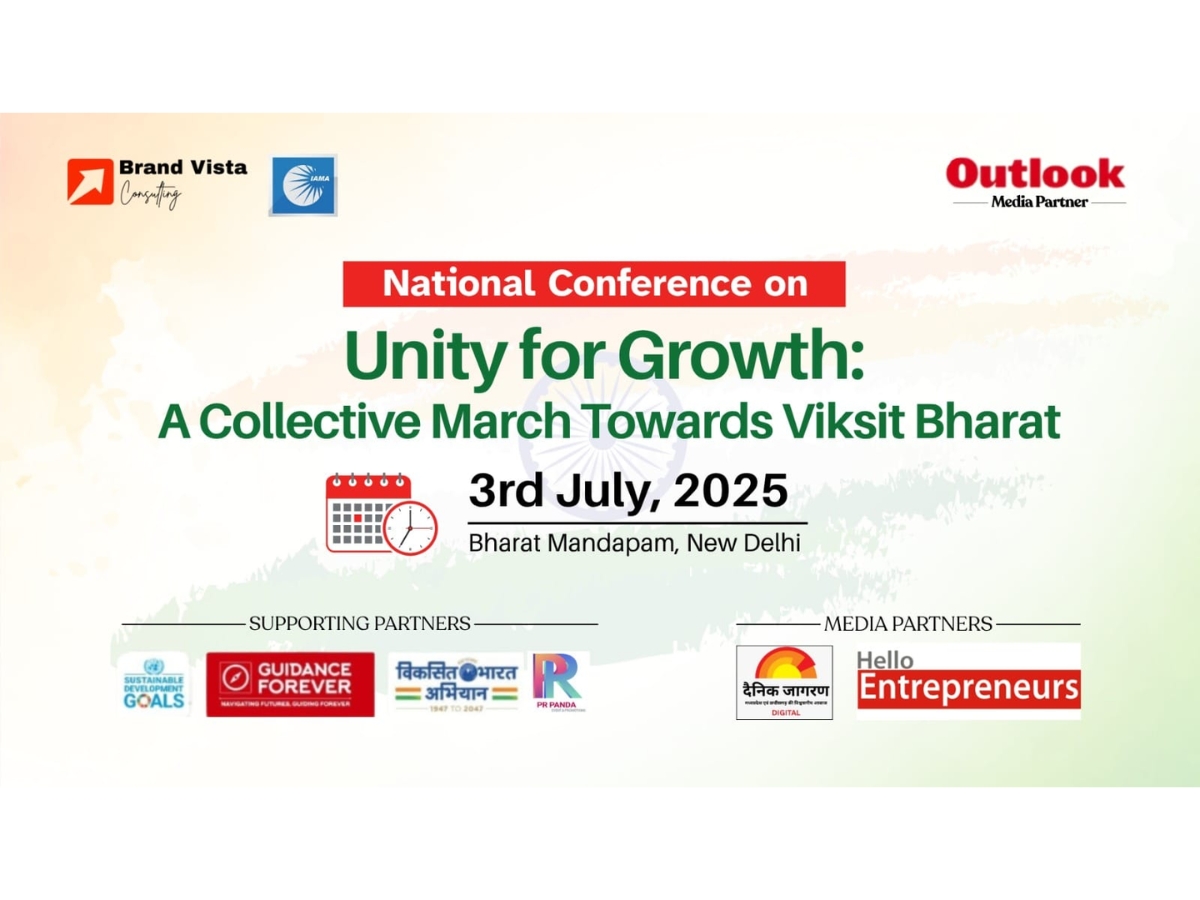
"Vote theft": Rahul Gandhi claims Fadnavis seat voter list grew by 8% in just 5 months
Jun 24, 2025
New Delhi [India], June 24 : Leader of Opposition (LoP) in Lok Sabha Rahul Gandhi, on Tuesday, claimed that the voter list grew by eight per cent in just five months in Maharashtra Chief Minister Devendra Fadnavis's constituency, labelling it as "vote theft".
In a post on X, Gandhi shared a news article, demanding the immediate release of machine-readable digital voter rolls and CCTV footage.
The former Congress President claimed that Booth Level Officers (BLOs) reported unknown individuals casting votes in Nagpur South West, where Fadnavis won last year by over 38,000 votes. He also pointed out that the media have also uncovered thousands of voters with no verified address
"In Maharashtra CM's constituency, the voter list grew by 8% in just 5 months. Some booths saw a 20-50% surge," Gandhi said on X.
"BLOs reported unknown individuals casting votes. Media uncovered thousands of voters with no verified address," the Rae Bareli MP added.
"And the EC? Silent - or complicit. These aren't isolated glitches. This is vote theft. The cover-up is the confession," he alleged.
"That's why we demand the immediate release of machine-readable digital voter rolls and CCTV footage," Gandhi said in the backdrop of the Election Commission's (EC) revised guidelines on preserving video footage and photographs of elections, reducing the retention period to 45 days.
https://x.com/RahulGandhi/status/1937395692621750346
Earlier on June 21, the Congress MP accused the Election Commission of "match fixing" the elections after the EC instructed to delete CCTV footage of the election after 45 days.
He raised concerns about the integrity of the electoral process, citing the destruction of evidence as a potential indicator of election rigging. He warned that a fixed election would be "poison for democracy", highlighting the need for a free and fair electoral process.
In response to the allegations, the poll body sources said that it is "entirely contrary to the privacy and security concerns of the voters" and sharing the footage would leave both the elector who has voted and the elector who has not voted vulnerable to "pressure, discrimination and intimidation by anti-social elements".
"While this suits their narrative in making the demand sound quite genuine and in the interest of voters and safeguarding the democratic process in the country, it is aimed at achieving exactly the opposite objective. What is veiled as a very logical demand is entirely contrary to the privacy and security concerns of the voters, the legal position laid down in the Representation of the People Act, 1950/1951 and the directions of the Supreme Court of India," a source said.


























